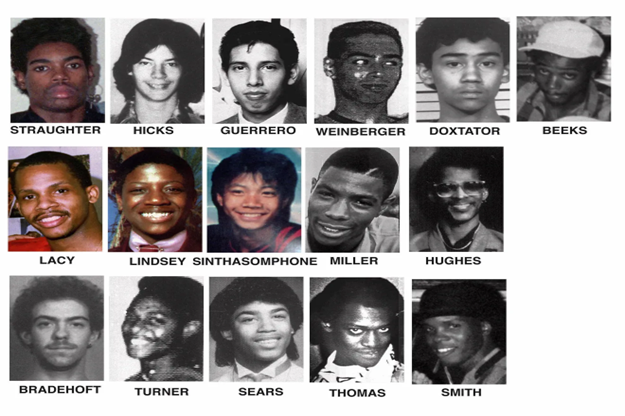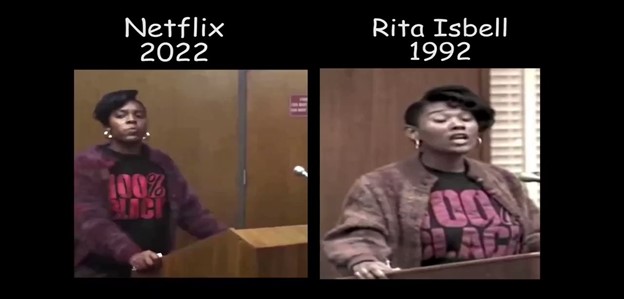True crime series, Dahmer— Monster: The Jeffery Dahmer Story, was released
on the Netflix platform in late September and has dominated everyone’s T.V.
screen since.
The 10-part series is co-written by Ryan Murphy and Ian Brennan while Jeffery
Dahmer is portrayed by American Horror Story veteran, Evan Peters. The show has spent three consecutive weeks in the #1 spot on the Netflix Global Top 10
chart and has racked up over 600 million hours viewed—popular is an
understatement.
Related article: Serialization: Jeffrey Dahmer
Although, popularity oftentimes comes with controversy. With a plotline that
surrounds the life of a serial killer and cannibal who preyed on young men and
boys of minority descent— some as young as 14—varied viewpoints are to be
expected.
Family members of the deceased are among those not satisfied with the series’
depiction of events.
Errol Lindsey, one of the 17 victims to be murdered by Jeffery Dahmer, has had
his sister, Rita Isbell, speak out about her frustration with the show.

In 1992, Isbell was givin the opportunity to deliver a victim impact statement
during Dahmer’s trial and she did just that.
During a conversation with Insider, Isbell recounts the time when she took to the
podium. “I knew I was going to let Jeffrey Dahmer have it” she says, “when I got
in front of his face it was a whole new ball game. I recognized evil. I was face-to-
face with pure evil”. However, this painful yet passionate moment would not stay
in that Wisconsin courtroom from 1992, It would be transcended into the
Monster series—unbeknownst to Isbell— “I was never contacted…they just did it”
said Isbell.
“If I didn’t know any better, I would’ve thought it was me.”
The 8th episode of Monster showcases the scene when Isbell was face to face
with her brother’s killer. Upon watching the episode, she felt traumatized, as the
depiction of her and the set of the courtroom were virtually identical to the
original instance— her words and tone completely verbatim.

Isbell identifies Netflix’s actions as “harsh and careless”. She connects Netflix’s
obsession with producing true crime content to their need of creating an
attractive bottom line, even at the expense of the victims. “ The victims have
children and grandchildren [who the money could help]” states Isbell, “they’re
just making money off of this tragedy. That’s just greed”.
Zawna Woodard
Reporter


